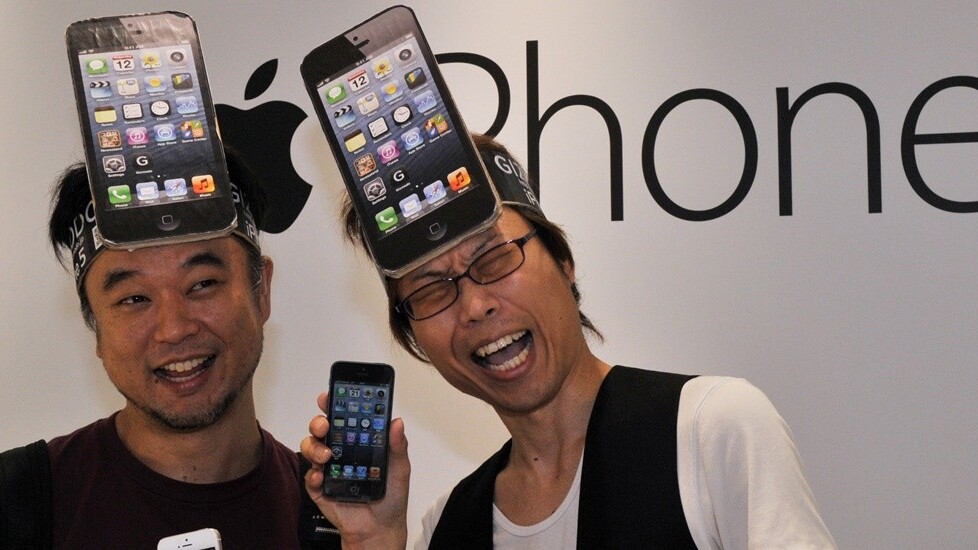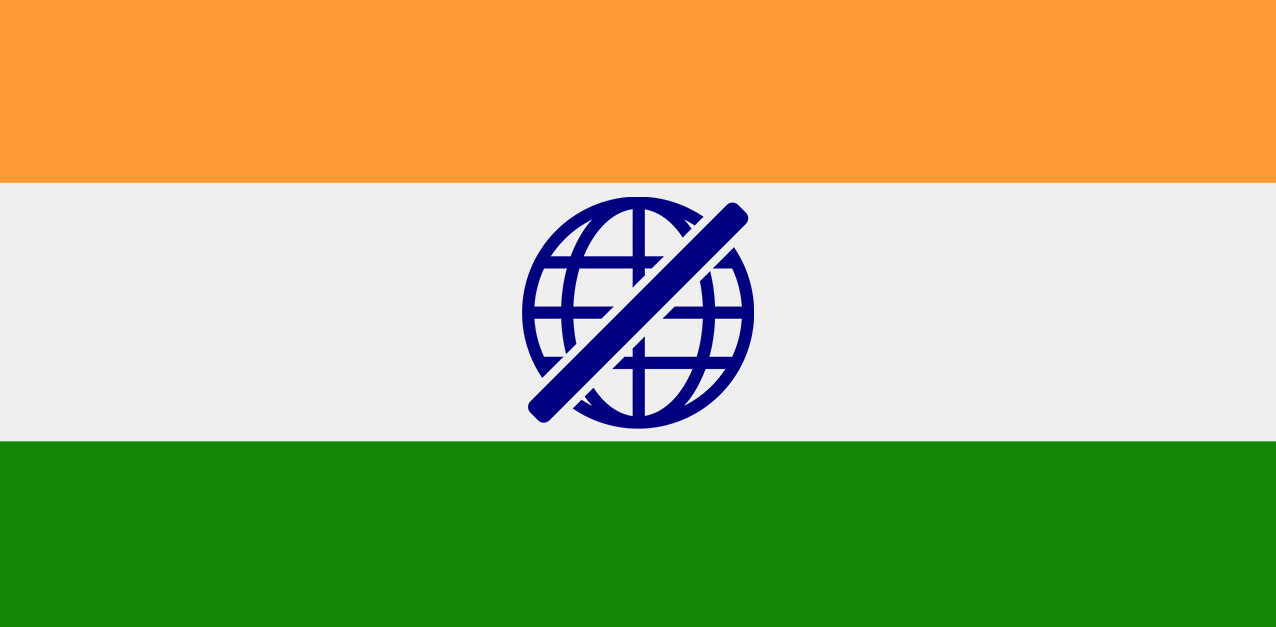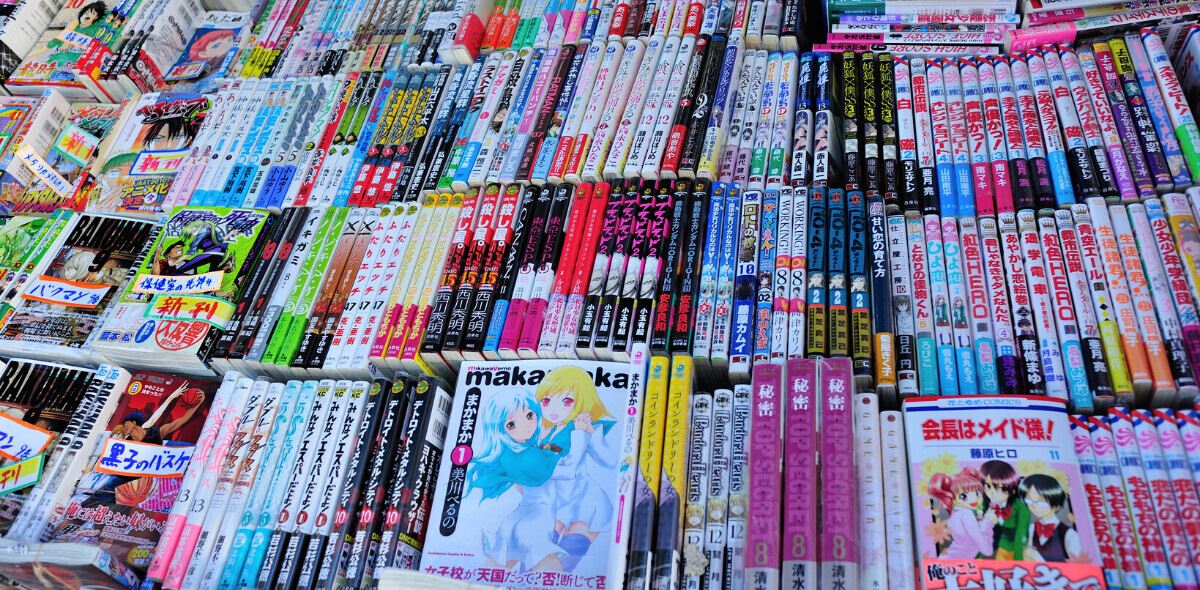
Japan’s mobile market has been slower than most to adopt smartphones, as Web-enabled feature phones have remained popular, but there are signs of change. According to a new report from Counterpoint Research, Apple closed out 2012 as Japan’s top mobile phone market, occupying the number one spot for a twelve-month period for the first time.
The US company held 16 percent of Japan’s mobile market — which includes smartphones and feature phones — in the fourth quarter of 2012, which gave it an overall 15 percent share of the year as a whole. That put it just ahead of popular local firms Sharp and Fujitsu, which each held a 14 percent share, Counterpoint found.
Apple has topped Japan’s mobile industry in the past, but it has always been for short-periods of time that coincide with product launches, for example the iPhone 4S launch in 2011. The fact that Apple held first place for 2012 is significant and it ends Sharp’s 6-year run at the top.
In another sign of change, Counterpoint notes that foreign brands accounted for more than 50 percent of the market during the fourth quarter of 2012. That’s another first, and the research firm says that Chinese handset makers like Huawei saw “sales jump 3 fold” during the final quarter, putting them in a better position than Japan’s local mobile makers.
Peter Richardson, Research Director at Counterpoint, explains that the growth of global phone makers indicates that Japan is no longer the isolated market that it once was:
Japan was once considered to be like a Galapagos Island, an isolated terrain, in terms of mobile technology. It had its own unique digital cellular technology. It was far more advanced than any market in the world and it seemed nearly impossible for any foreign technology company to penetrate the market. Motorola had failed and Nokia had failed. The wave of smartphones has changed the situation now and it looks like the Japanese market is a market that can be transformed after all for better or worse.
Operators Softbank and KDDI offer the iPhone 5, and other Apple devices, while market-leader DoCoMo does not have an agreement with Apple and instead offers a range of Android-powered phones. Each operator has been heavily promoting its smartphone line-up, and that finally tipped the balance of the mobile market in 2012, although the gap remains close. Counterpoint says Sharp was top of the market at the half-way point of 2012, only to be overtaken by Apple six months later.
Despite the growth of international phone makers, Japan isn’t necessary a fertile ground for all. BlackBerry 10, for example, will not be launched in the country as the company is focused on more strategic markets.
Related: Android leads in Japan with 64% smartphone share as market climbs 43% in the first half of 2012
Headline image via YOSHIKAZU TSUNO / Getty Images
Get the TNW newsletter
Get the most important tech news in your inbox each week.





